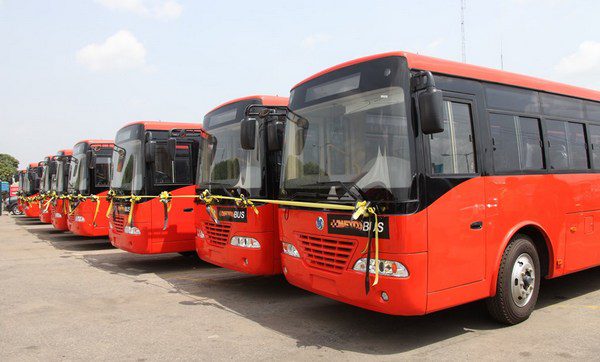Economic Issues
Simplifying Nigeria’s Transport System with Russian Expertise -By Oluwafemi Arowoshola


The Nigeria we had 30 years ago had a cheap, working rail system which got people from point A to B. The slow downslope in the quality of our transport sector has seen this mode of transportation slip, and now it is trailing as just another old means nobody wants to use. This is a scenario that has touched us all in various ways
As a working class Nigerian, I spent at least 20% of my day en route, you probably do too. This sort of daily commute experience can go a long way in determining the nature of one’s day, more so, it ultimately affects the value we get for our time, and also our overall productivity. It is amazing how much you learn from taking a close look at the situation – how such a little phenomenon can directly influence the economy and many other sectors.
The current state of transport in Lagos, for example, is not ineffective because we have less cars on the road. It is ineffective because we have been unable to invest in a working public transport system that is reliable enough to change the way people get around in a city like Lagos. The lapse in the current structure of our public transport system has caused people to rely on private-run busses, which currently are even less reliable. The ones who can, opt for private vehicles to gain some sense of control over their daily commute process. This does very little to fix the problem, since filling our roads with even more cars every day further complicates the already jammed traffic in the city of Lagos, Abuja or Port-Harcourt. The solution to this problem, simple as it is, takes participation from all corners.
One solution that can be adapted from the Russian system would be to reform our road transport. We must create what can indeed earn the right to be called a “system”. With the right procedures put in place, and a widely coordinated automation of the transport process in major Nigerian cities, the experience would be a lot better. While we achieve this, we can take it a step further by seeking ways to take the tension off our roads – we can make riding the rails as attractive as it was thirty years ago. Russia’s capital city, Moscow is laced with a variety of fully-automated tram, underground and rail systems. Expertise which, thanks to a platform like B2B Export, can now be easily accessible to Nigerian investors, both from the public (government) and private domain. New technology has provided us another opportunity to replicate improved versions of what we had for our everyday commute – an opportunity to have faster, stronger and more effective commute options.

















